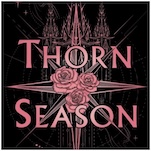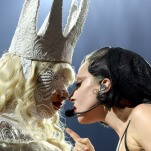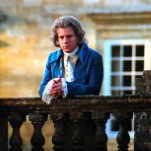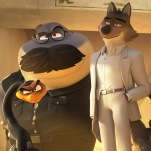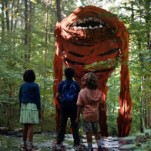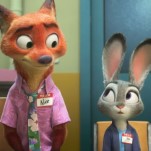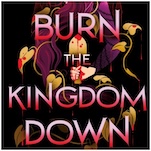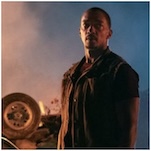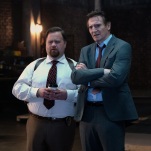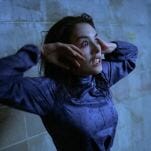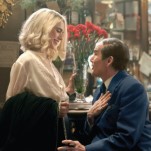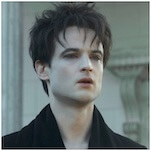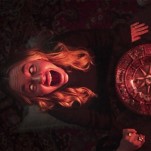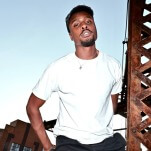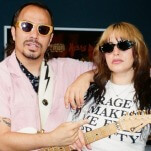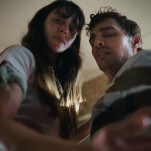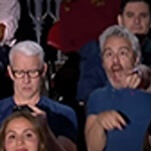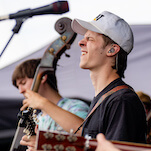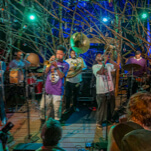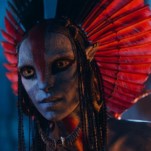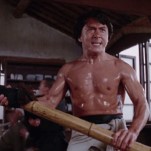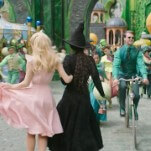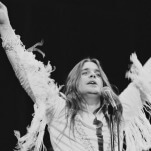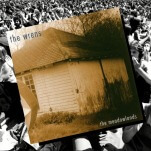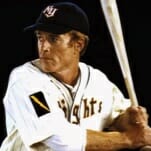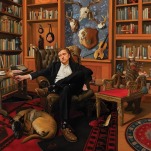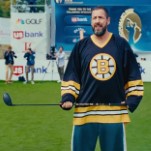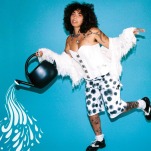Hiding in Plain Sight: Jury Duty Can’t Escape Its Prank Show Origins Even as It Wants to “Restore Your Humanity”
Photo courtesy of Freevee / Amazon Studios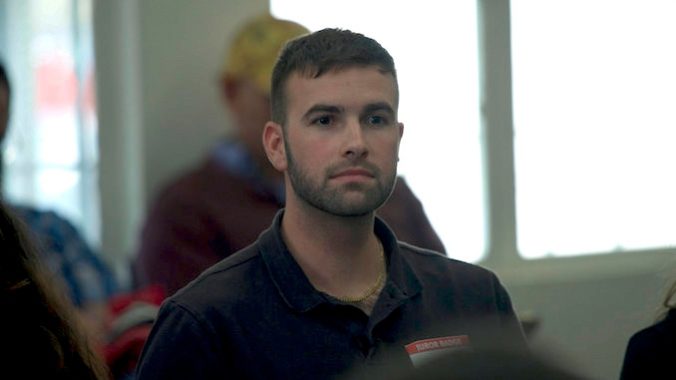
Eleven minutes into the first episode of Jury Duty, it becomes clear that Ronald Gladden is a good man. In conversation with alternate juror James Marsden (James Marsden), Ronald apologizes for calling Sonic: The Hedgehog a “shitty movie” and possibly hurting the feelings of this millionaire actor. Leaving aside what this tells us about his taste in film, you can’t deny that he’s a great guy. A golden retriever. A heartthrob. Sweet and wholesome. Two minutes later, it becomes clear that the show he’s on is good, or even great, when Noah (Mekki Leeper) stands up to proudly proclaim himself a racist in an effort to escape the titular civic service, based on advice Ronald gave him about a Family Guy plot line. You can see how this would all be engrossing.
But the question of whether Ronald is on a “good” show, as Jury Duty’s creators would like you to believe, is a thornier matter. In interviews, executive producers David Bernad and Todd Schulman have spoken about how they wished to approach the show “with (the) same good-heartedness as Ronald”, while co-creator Lee Eisenberg noted in a Vulture piece that “we wanted a show that never felt like it was punching down”. While that is a noble idea, it is not remotely consistent with the tone of the show’s later episodes, nor with a docu-comedy format that necessarily centers its star subject alone, not aware of the laughter that’s going on all around him. What they have made is a masterpiece of casting that they wish to conceive of as a public service.
Jury Duty is exactly what it says it is: a show about a juror. The main subject, Ronald Gladden, is the only person in the court case not played by an actor—and he doesn’t realize it until the very end. From the moment we are introduced to him, Ronald is a delight, the kind of person everyone wishes they could get to know, or at least get overpriced drinks at Margaritaville with. The first few episodes of the series live in that pastel worldview, with Ronald’s genuine joy at being part of the judicial process contrasted with the kooky behavior of fellow jurors like Noah, Jeannie (Edy Modica), and Todd (David Brown), all of whom do wonderful work at playing absolute freaks. It’s here that you can see traces of Eisenberg and fellow co-creator Gene Stupnitsky’s work on The Office, with a quirky family being formed out of the community of individuals who happen to have been placed in this one location together.
-

-

-

-

-

-

-

-

-

-

-

-

-

-

-

-

-

-

-

-

-

-

-

-

-

-

-

-

-

-

-

-

-

-

-

-

-

-

-

-


